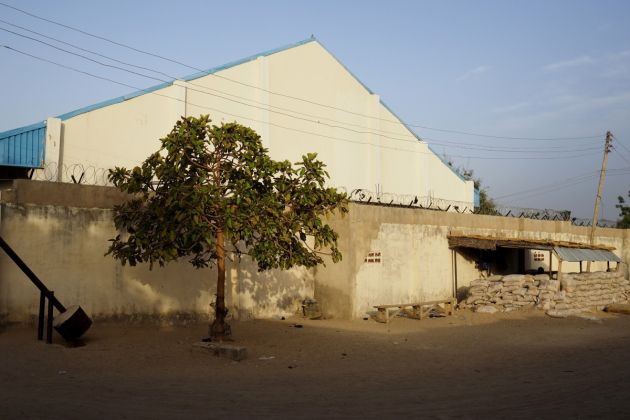US puts Nigeria on religious freedom blacklist with China, Saudi Arabia

The United States has included Nigeria on a blacklist of nations where "systematic, ongoing, egregious religious freedom violations" are an issue of concern.
The move could pave the way for potential sanctions in the future, Deutsche Welle reported.
U.S. Secretary of State Mike Pompeo said on Dec. 7, that the West African nation, an ally of the US, was among "countries of concern under the International Religious Freedom Act of 1998."
"The US is unwavering in its commitment to religious freedom. No country or entity should be allowed to persecute people with impunity because of their beliefs," Pompeo said in a tweet.
"These annual designations show that when religious freedom is attacked, we will act."
Pompeo did not elaborate on the reasons for including Nigeria, which has a delicate balance between Muslims and Christians, Voice of America reported.
Pompeo notably did not include India, which has a growing relationship with Washington, said VOA.
The U.S. Secretary of State was infuriated by a recommendation from the Commission on International Religious Freedom to include the secular but Hindu-majority nation over what it called a sharp downward turn under Prime Minister Narendra Modi.
"The United States is designating Burma, China, Eritrea, Iran, Nigeria, the DPRK (North Korea), Pakistan, Saudi Arabia, Tajikistan, and Turkmenistan as Countries of Particular Concern under the International Religious Freedom Act of 1998, as amended, for engaging in or tolerating 'systematic, ongoing, egregious violations of religious freedom.'"
Nigeria was first designated as a CPC in 2019 by the State Department due to its treatment of the Shi'a community leader Ibrahim ZakZaky. ZakZaky has been in detention since 2015, despite a court ordering his release, International Christian Concern reported.
The West African nation has denied all allegations of religious freedom violations though.
Lai Mohammed, its Minister of Information and Culture released a statement in Abuja on Dec. 8 where he said that the listing was a difference in opinion between the two nations.
He said, "Nigeria does not engage in religious freedom violation, neither does it have a policy of religious persecution. Victims of insecurity and terrorism in the country are adherents of Christianity, Islam and other religions."
Nigeria is the most populous nation in Africa with some 214 million people with just over 50 percent of them thought to be Muslims and about 46 percent Christians.
U.S. law says that nations on the blacklist must make improvements or face sanctions including losses of U.S. government assistance.
However, the administration can waive such actions.
The US State Department found that eight out of 10 people around the world face restrictions on religious freedom.
"Where religious freedom is absent, terrorism and violence fester. Our advocacy for religious communities abroad helps to ensure the protection and prosperity of Americans at home," the State Department said in a statement.
While the designations relate to government actions, the State Department had already listed Nigeria's Boko Haram as a terrorist group, AFP reported.
The militants began an insurgency in 2009 in northeastern Nigeria that has since spread to neighboring countries, killing more than 36,000 people and forcing 3 million to flee their homes, according to the United Nations.
Under U.S. law, nations on the blacklist must make improvements or face sanctions, including losses of U.S. government assistance, although the administration can waive actions.